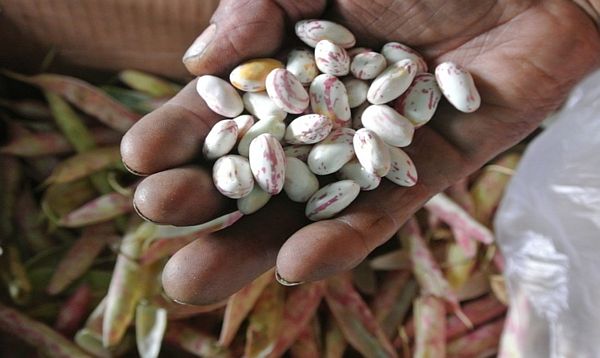Monterrey, Mexico - Researchers in Brazil and Mexico are developing a bean variety whose folic acid (Vitamin B9) content is nearly 84 times higher than conventional beans, officials said Tuesday.
Genetic modification techniques were used to develop the beans, the Brazilian Agricultural Research Corporation, or Embrapa, said. Embrapa, considered the world's largest tropical agriculture research center, produced the genetically modified beans in a joint project with Mexico's Monterrey Institute of Technology.
The genetically modified beans also have the advantage that once cooked, they retain high levels of the vitamin - 328 micrograms versus 81 micrograms in regular beans.
The researchers worked with three bean varieties - Pinto Saltillo, Pinto Durango and Pinto Cafe - that are in high demand in Mexico, introducing genes from the Arabisdopsis thaliana variety of grass to increase folic acid production.
The best results were obtained with the Pinto Durango variety, Embrapa said.
Beans, a popular food in both Brazil and Mexico, are rich in vitamins, including folic acid, which is essential for various bodily functions, such as synthesizing and repairing DNA, cellular growth and the production of new proteins.
Source: Fox News Latino


